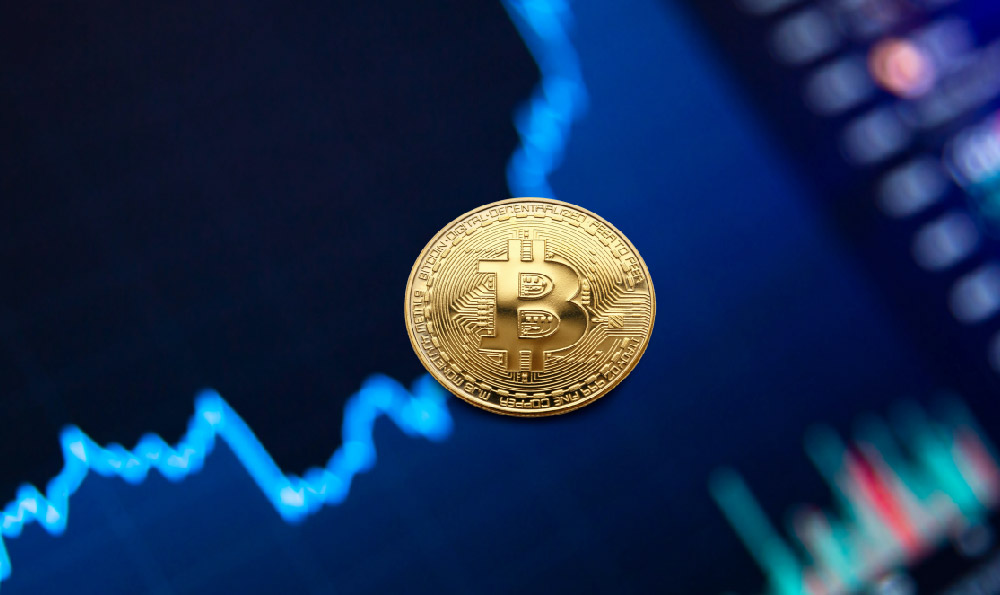The digital age has transformed gaming from a mere form of entertainment into a viable avenue for generating income, particularly from the comfort of one's home. As the gaming industry continues to expand, driven by technological advancements and a growing global audience, opportunities for monetization have multiplied. However, the path to financial success in this realm is not without its challenges, and a strategic approach is essential to navigate the complexities of both gameplay and potential returns. Whether it's through streaming, content creation, or leveraging virtual assets, the key lies in understanding the dynamics of these activities while being mindful of the risks associated with them. For those who have ventured into the world of gaming earnings, the next step often involves exploring investment avenues, with virtual currencies presenting unique possibilities. But how can individuals effectively transition from playing games to investing in digital assets, and what measures can be taken to safeguard their financial interests? This article delves into the multifaceted strategies that can be employed to profit from gaming at home, particularly in the context of virtual currency, while emphasizing the importance of prudence and long-term vision.
The game industry itself is a powerhouse, generating over $180 billion annually. This figure underscores the potential for income generation through various means. One of the most common methods is streaming gameplay on platforms like Twitch or YouTube, where viewers pay subscriptions or watch ads. However, streaming demands more than just playing games; it requires a deep understanding of audience engagement, content planning, and monetization strategies. Success in this area hinges on consistency, creativity, and adaptability to changing viewer preferences. Beyond streaming, content creators can explore alternative avenues such as game development, where building and publishing titles can yield substantial revenue. This is particularly relevant in the context of virtual currencies, as some game developers leverage blockchain technology to introduce in-game tokens or decentralized economies, offering players a chance to earn digital assets through participation in their ecosystems.
Another promising method is participation in game testing programs, which many companies offer to incentivize players to report bugs or provide feedback. These programs often pay in gift cards, cash, or even cryptocurrency, depending on the publisher's preference. For individuals who are already engaged in gaming, this provides a dual benefit: income generation through their expertise and the opportunity to secure virtual currencies that may offer long-term value. Similarly, trading virtual assets such as NFTs, skins, or in-game items has become a lucrative niche, where players can profit by acquiring rare or valuable game-related collectibles and selling them on specialized marketplaces. This method, however, requires market analysis, an understanding of demand and supply dynamics, and caution against scams or overvalued items.

Once income is generated through gaming, the next logical step for many is to explore investment opportunities, with virtual currencies emerging as a compelling choice. The cryptocurrency market is highly volatile, which means that investing the proceeds from gaming earnings requires a balanced strategy. Investors should consider diversifying their holdings, allocating funds to different cryptocurrencies based on their potential for growth and risk tolerance. Additionally, incorporating financial instruments such as staking or yield farming can provide passive income streams, allowing individuals to earn interest on their investments without active trading. However, the challenges of market volatility and regulatory uncertainty must not be overlooked. A strategic approach involves both thorough research and risk management, ensuring that investments are made with a clear understanding of the technology, the project's fundamentals, and the broader economic environment.
The allure of virtual currencies lies in their potential for high returns, but this comes with inherent risks that necessitate careful navigation. For gamers who are interested in investing, it's crucial to cultivate a mindset that prioritizes long-term growth over short-term gains. This includes monitoring market trends, analyzing technical indicators such as moving averages and volume patterns, and staying informed about macroeconomic factors that may influence cryptocurrency prices. Additionally, recognizing the importance of security is paramount, as the digital nature of these assets makes them vulnerable to hacking, phishing, and other cyber threats. Implementing robust security measures, such as using hardware wallets, enabling two-factor authentication, and avoiding suspicious platforms, can significantly mitigate these risks.
The transition from gaming to investing also raises important questions about the interplay between the two sectors. For instance, the rise of blockchain-based gaming platforms has created a symbiotic relationship where investors can support game development through their holdings, and players can benefit from the growth of these projects. This convergence highlights the need for a nuanced understanding of both fields, as virtual currencies can be leveraged to enhance financial strategies. However, it also underscores the potential for complexity, particularly when managing multiple income sources and investment portfolios. A clear financial plan, prioritizing discipline over impulsive decisions, is essential for those looking to capitalize on the synergy between gaming and cryptocurrency.
The journey of monetizing through gaming and investing in virtual currencies is not without its pitfalls. Scams, fraud, and market manipulation are prevalent challenges that require vigilance. For instance, the purchase of in-game items or the investment in dubious crypto projects can lead to significant financial losses if not approached with due diligence. Individuals must be cautious of overly optimistic promises, lack of transparency, and the absence of a credible team behind a project. Moreover, the emotional aspect of gaming and investing can be a double-edged sword; the excitement of wins may lead to impulsive trading decisions, while the frustration of losses can tempt individuals to take reckless risks. Cultivating emotional discipline and maintaining a rational approach to decision-making are critical for long-term success.
The potential for financial growth through gaming and virtual currencies is vast, but it requires a commitment to continuous learning and adaptation. Aspiring individuals must invest time in understanding the fundamentals of both gaming and cryptocurrency, seeking guidance from experienced professionals and reputable sources. This includes studying market analysis, understanding the technical aspects of gaming platforms, and developing a well-rounded investment strategy. By balancing these elements, those who choose to play games from home can not only enhance their earning potential but also build a legacy of financial growth rooted in sound decision-making.
Ultimately, the key to success in both gaming and virtual currency investment is not just about playing or trading, but about understanding the underlying systems and strategies that drive them. Whether it's through monetizing gameplay or investing the proceeds, the approach must be informed by research, discipline, and foresight. By taking these steps, individuals can unlock new dimensions of financial growth, transforming their passion for gaming into a sustainable income stream that aligns with their personal and financial goals.












